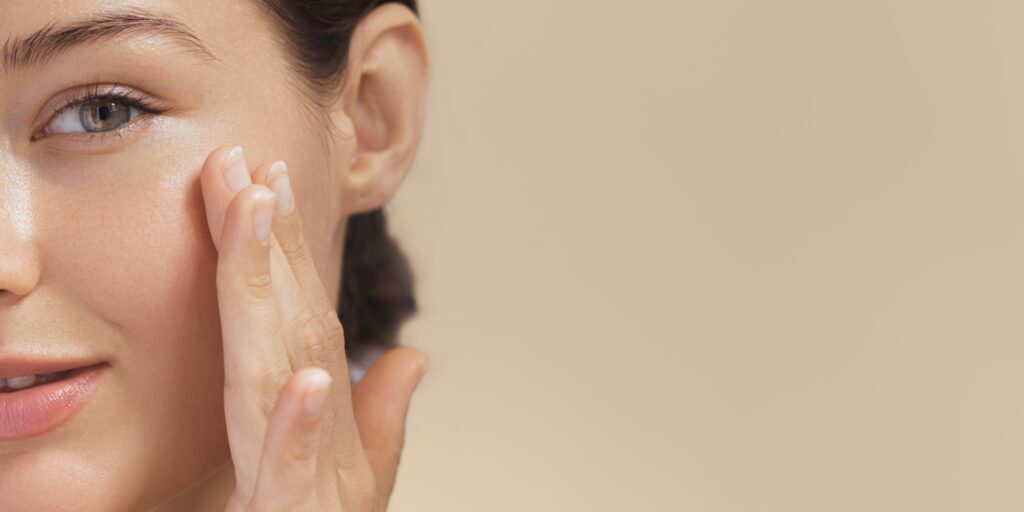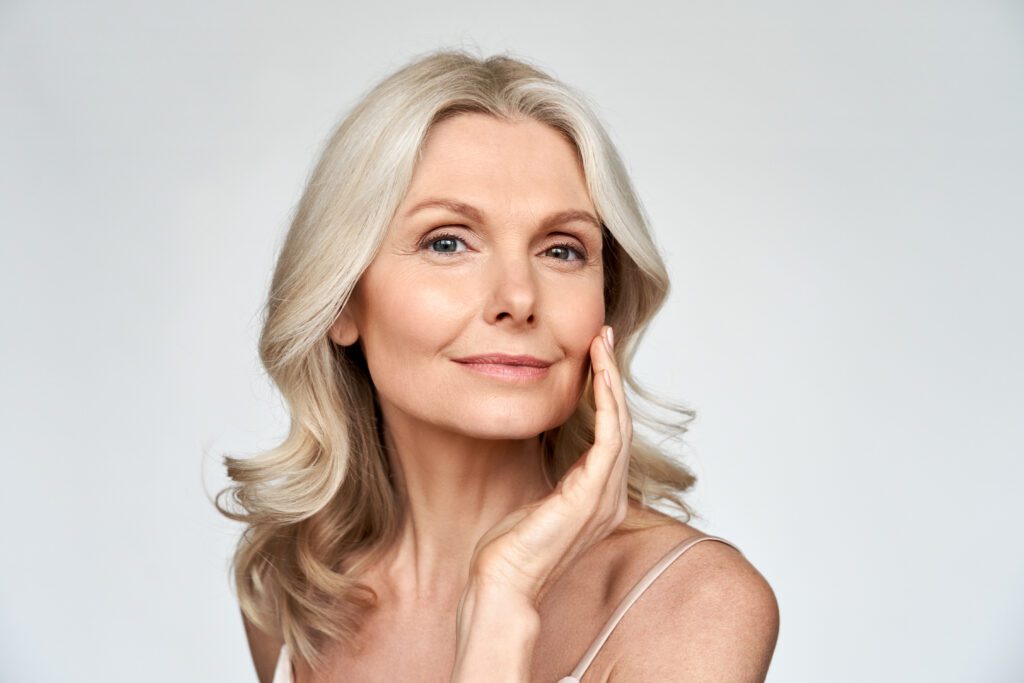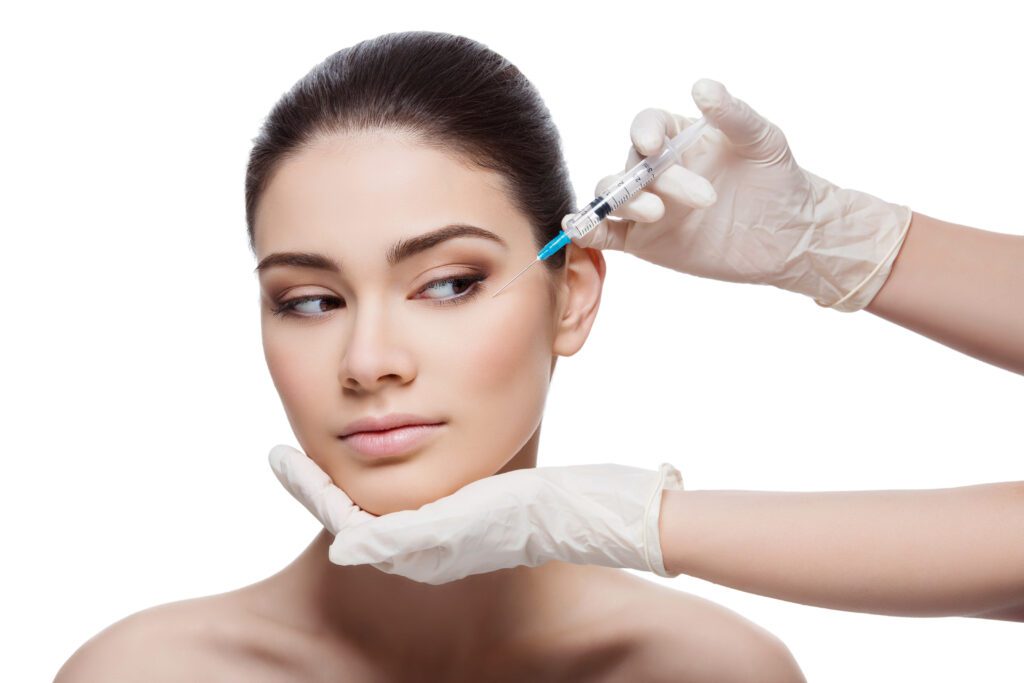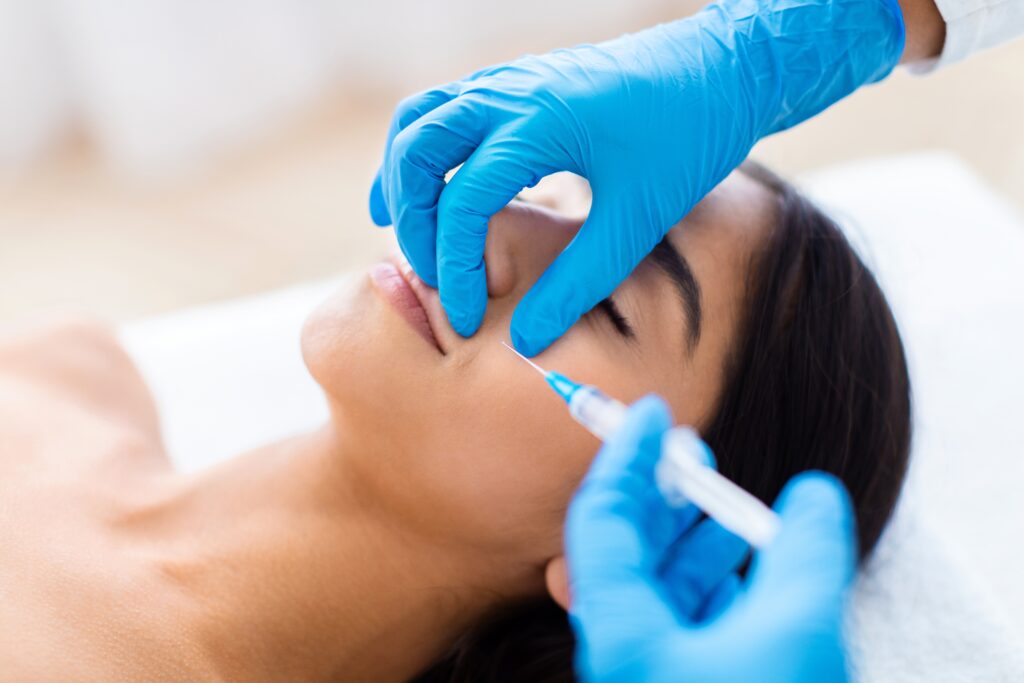
Whether they are caused by accidents, surgeries, or skin conditions, scars can sometimes serve as uncomfortable reminders of painful episodes in our past. However, with all the advancements in modern cosmetic treatments, these reminders can be transformed into beauty, boosting self-confidence and allowing individuals to embrace their visible skin once more.
Understanding the Science Behind Scars
Scars are a natural part of the body’s healing process, which involves complex biological mechanisms aimed at repairing damaged tissues. When the skin is injured, whether from a cut, burn, surgery, or other trauma, the body initiates a series of events to close the wound and restore normal tissue structure. This includes an initial regeneration of tissue followed by a remodeling of that tissue.
During remodeling, the body adjusts the composition and organization of collagen fibers to enhance the strength and functionality of the healed tissue, which may result in tissue that is discolored, raised, or otherwise different from the tissue that surrounds it. This process of scar formation is known as wound healing.
The appearance and characteristics of scars can vary based on many factors, including the size and depth of the wound, the individual’s genetics, and the location of the injury. Different types of scars exist, such as hypertrophic scars, keloids, and atrophic scars, each with their own characteristics and formation mechanisms.
It’s important to note that although scars are a natural part of the healing process, the goal of medical interventions and wound care is often to minimize scarring and promote optimal healing. Once the tissue has healed, it’s fine to employ cosmetic scar treatments, such as topical creams, chemical peels, laser therapy, and other procedures, to improve the appearance of scars.
Cosmetic Treatments for Scars
Cosmetic treatments for scars have come a long way, providing hope and confidence to those who once felt self-conscious about the look of their skin. Whether it’s through topical treatments, chemical peels, laser therapy, microneedling, or dermal fillers, a range of options tailored to specific scar types and severity now give more people with scars hope.
Topical Treatments
Two main types of topical treatments can help reduce the appearance of scars: silicone-based products and topical corticosteroids. Silicone sheets or gels are often used to minimize scars. They create a protective barrier and help regulate collagen production. Topical corticosteroids, on the other hand, work best when applied to hypertrophic or keloid scars, as they reduce inflammation and help control itching.
Chemical Peels for Scar Treatment
Glycolic acid, salicylic acid, or TCA (trichloroacetic acid) chemical peels are also effective at reducing the appearance of scars. Chemical peels for scars work because they exfoliate the top layers of skin. In turn, this promotes the growth of new, smoother skin. As a result, chemical peels are especially beneficial for superficial scars that do not penetrate into the deeper layers of skin.
Microdermabrasion
Microdermabrasion works specifically for depressed acne scars, which are superficial and lie flat against the dermis of the skin. Like chemical peels, microdermabrasion works to exfoliate the skin using a handheld device operated by a trained cosmetic skincare technician. Microdermabrasion works to remove the uppermost layers of the skin, thus allowing new, tighter, unscarred skin to grow in its place.
Laser IPL Treatment and Light Therapy
Another popular treatment for acne scars, laser IPL (intense pulsed light) and light therapy treatments work to help promote skin regeneration and increase collagen production. Depending on the type of laser and light treatment used, the results may vary.
IPL treatment uses light at various wavelengths to target specific cells, damaging them in a way that jump starts the body’s own healing mechanisms. As a result, old cells are removed and flushed out, and new ones take their place, smoothing skin’s appearance, including addressing fine lines and superficial scars such as acne scars.
Microneedling for Scar Reduction
Microneedling, also called collagen induction therapy (CIT), involves the use of tiny needles to create controlled micro-injuries in the skin. Using a small pen or roller device, a trained practitioner targets specific problem areas of the skin, including scars. The micropunctures created during the process trigger the body’s healing response, which includes stimulating collagen production. This helps improve the texture and appearance of scars as well as the smoothness of the complexion overall.
Dermal Fillers for Scars
Hyaluronic acid (HA) fillers, such as Juvéderm®, are the most popular options for cosmetic treatment of scars. Specifically, some people inject HA dermal fillers into atrophic scars (or depressed scars) to plump up the skin and make the scars less noticeable. Unfortunately, with dermal fillers, the cosmetic effects are temporary and may need to be repeated to achieve optimal, long-term results.
Learn More about Cosmetic Treatment for Scars at The Rejuva Center
At The Rejuva Center at Williams in Albany, NY, our experienced practitioners work with patients every day to help reduce the appearance of scars and regain their confidence. Starting with a consultation, we will take you through the many options for scar reduction that are available at our practice. Contact us today to learn more and schedule your appointment.
Recent Posts

Reversing Smoking Damage to Your Skin
Smoking can cause significant skin damage, affecting both overall skin health and its appearance. However, smoking damage can be severe, but there are ways to reverse skin damage caused by…

Balancing Holistic Practices with Cosmetic Treatments
A holistic approach to beauty, including focusing on lifestyle, nutrition, and mental well-being, contributes to skin health as well as general healthiness. Combining holistic practices like these with the non-surgical…

Xeomin vs. Dysport vs. Botox Injections
Xeomin®, Dysport®, and Botox® are all injectable treatments that belong to a class of medications called neuromodulators that use the same main ingredient, botulinum toxin type A. When used for…

A Complete Guide to the Cosmetic Treatment Process: Start to Finish
Non-surgical cosmetic treatments are a great way to revive your look in a safe and effective manner, without the risks associated with surgery. Since 1999, The Rejuva Center at Williams…